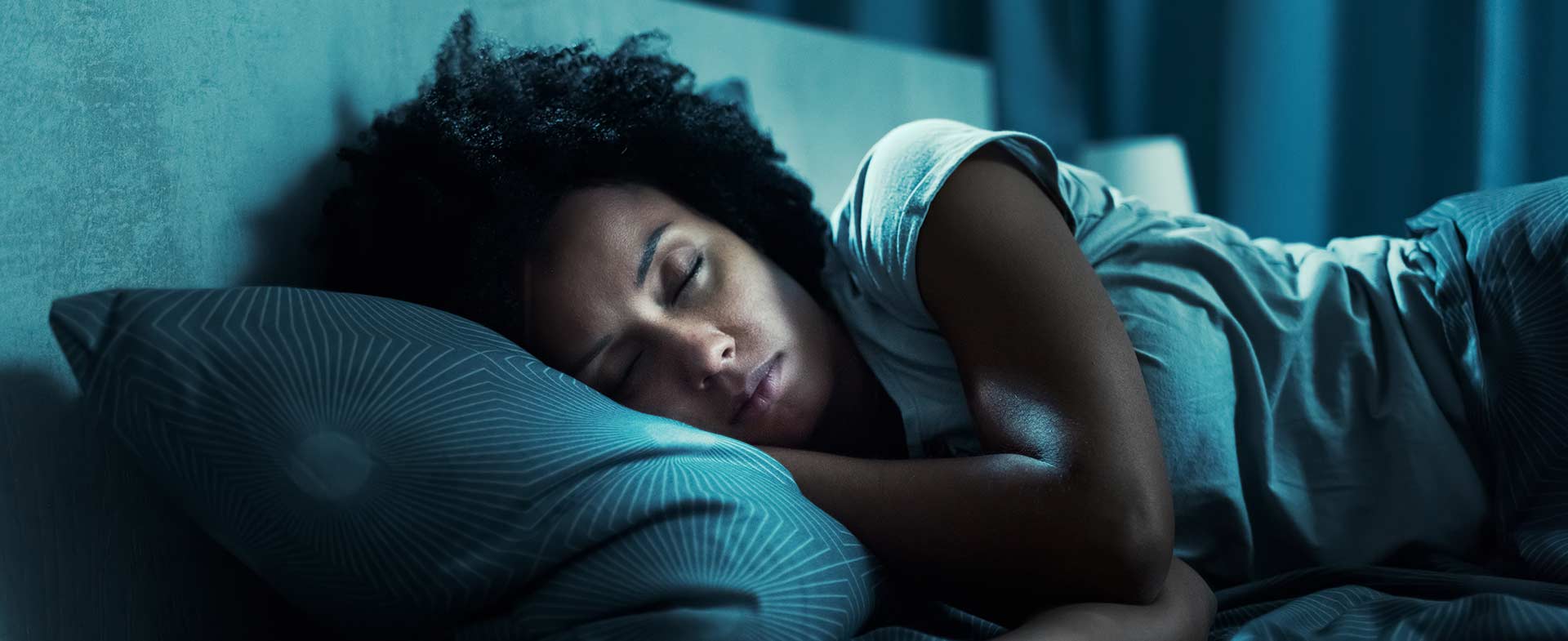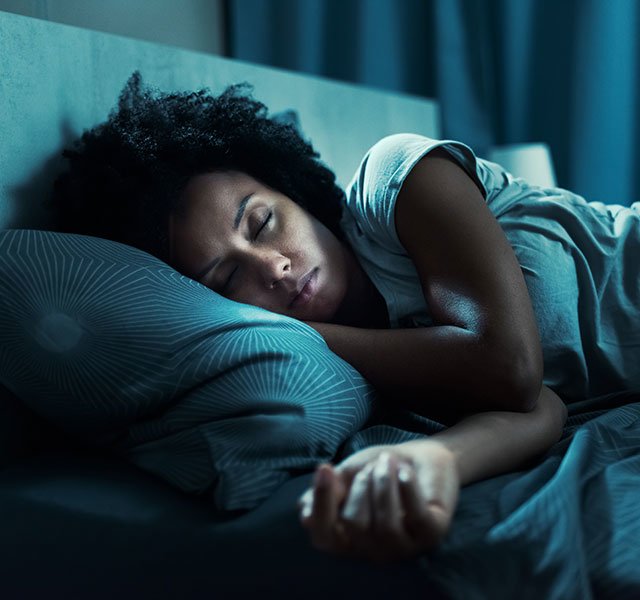Getting a good night’s sleep on a regular basis is one of the best things you can do for your health. You’ll not only feel better, but function better too. Yet many of us aren’t achieving that goal.
About 35% of adults report that they sleep less than seven hours a night. And up to 70 million adults in the U.S. suffer from some type of sleep-related problem.
So it’s not surprising that many of us are searching for a quick fix for sleepless nights. Sales of natural sleep supplements, like melatonin, have soared in recent years.
But despite its popularity, you may not want to rely on melatonin supplements on a regular basis. “Melatonin isn’t really supposed to be a sleep aid that helps you fall asleep,” says Philip C. Cheng, Ph.D., a clinical psychologist and research scientist at the Sleep Disorders and Research Center at Henry Ford Health. “Melatonin is a hormone that signals the timing of your sleep. When taken as a supplement, it can help you shift your sleep schedule — such as when traveling and changing time zones.”
Relying on any type of sleep aid isn’t usually a good long-term solution, but the right one may help you through the occasional sleepless night.
When To Use A Sleep Aid
If you do try over-the-counter sleep aids, Cheng says to consider it a band-aid, not a long-term solution. “If you have insomnia or another long-standing sleep problem, there are more sustainable solutions than over-the-counter sleep aids.”
That said, over-the-counter sleep aids can still be helpful if we are thoughtful about when and how to use them. “If you have short-term stress or travel through time zones, those are instances when a sleep aid could be helpful,” Cheng explains.
Over-The-Counter Sleep Aids
Antihistamine medications that contain the active ingredient diphenhydramine (such as Benadryl) are commonly used as sleep aids. They work to fight allergies by blocking the body’s histamine reaction, which includes alertness. And because they block this alerting system, a side effect is that they can make you sleepy.
The same active ingredient is in products marketed purely as sleep aids (and not allergy medicines), such as Unisom and ZzzQuil.
These medicines will make most people drowsy and help them fall asleep, but they should be used with caution. “Start with the lowest possible dose and see if that’s enough to help you sleep,” says Cheng. “Too much and you may feel groggy in the morning.”
He also cautions against regular use over several weeks. “When you stop taking it, you can experience a rebound effect and have really bad insomnia.”
Natural Sleep Supplements
Aside from melatonin, there are several other natural sleep remedies on the market. While most don’t have robust scientific research to back up their effectiveness, some people may find them helpful.
It’s important to note that herbal supplements aren’t regulated by the FDA. That means you can’t know for sure how much of a substance you’re getting in your sleep aid.
- Valerian root: The dried root of this herbal plant is made into pills, teas or other formulas meant to improve sleep. Research is mixed, but there is some evidence that valerian can help people fall asleep faster and sleep more soundly.
- Lavender essential oil: You’ll find lavender essential oil in a variety of products such as lotions, bath salts and sheet sprays. “There’s no well-established reason for essential oils to have a physiological effect on the sleep system,” says Cheng. “But if they help you relax and unwind, that psychological effect can help you sleep.”
- Herbal tea: Teas made for drinking at bedtime usually contain herbal blends such as passionflower and chamomile (and sometimes valerian). Even if the tea ingredients don’t make you drowsy, the ritual may. “Drinking something warm is relaxing,” says Cheng, and it may be part of a winding down process that helps your body prepare for sleep.
If you have ongoing difficulties sleeping, Cheng recommends talking to your primary care doctor or a sleep specialist. “They can prescribe a more appropriate sleep aid or refer you to a sleep psychologist for cognitive behavioral therapy to treat insomnia,” he says.
To find a doctor or sleep specialist at Henry Ford, visit henryford.com or call 1-800-436-7936.
Dr. Philip Cheng is a clinical psychologist and sleep research scientist with Henry Ford Hospital in Detroit.



